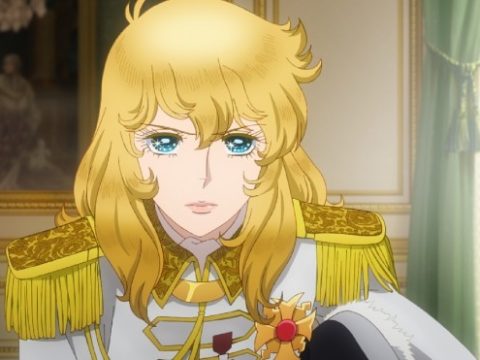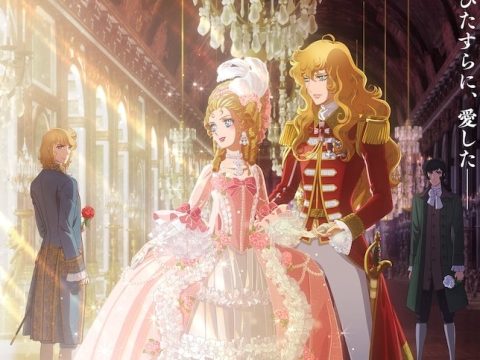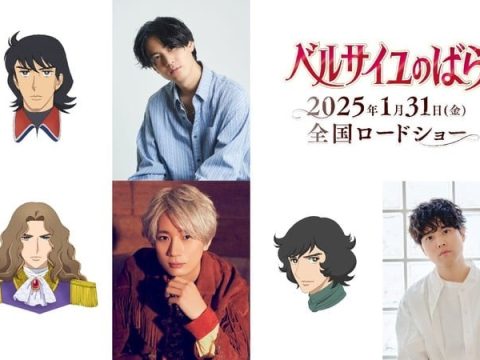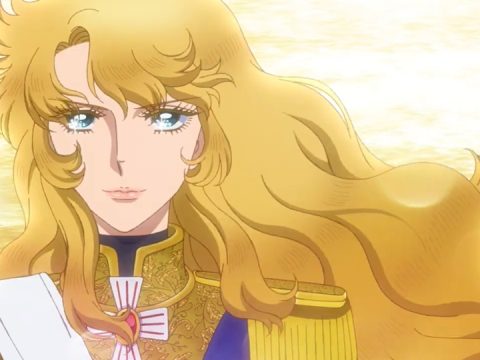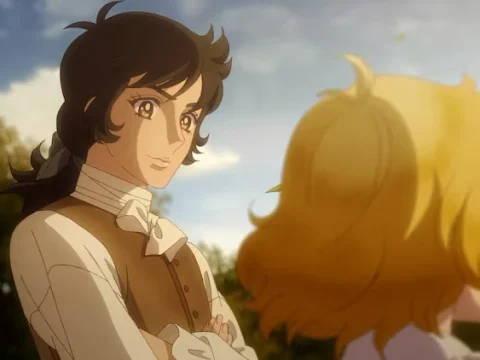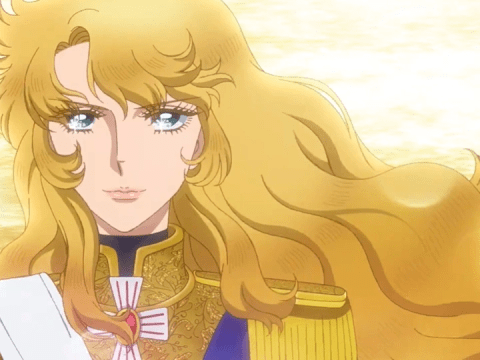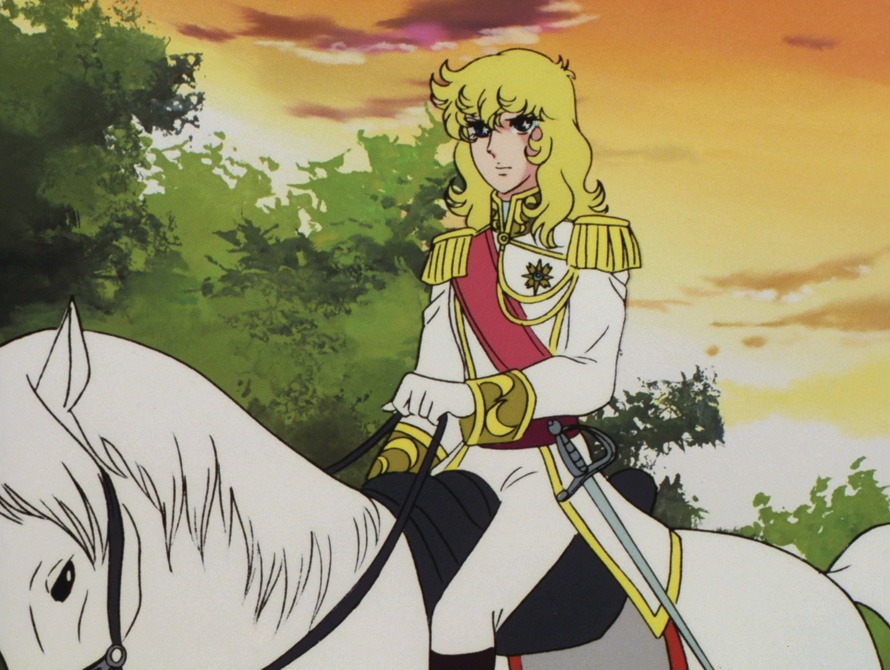
High Drama in High Definition
I could barely believe it in 2012, when the United States finally saw a DVD release of the 1979 shojo anime classic, The Rose of Versailles. In 2020, I was taken even more aback by the release of an English version of Riyoko Ikeda’s original 1972 manga in a phenomenal prestige hardcover edition. Finally, I could read more of this now 48-year-old foundational work beyond just the sample included in Fred Schodt’s 1983 book Manga! Manga! The World of Japanese Comics, which remains a must-own. Now, over forty years since its creation, Discotek Media brings us the complete anime series remastered in HD under its new official international title that combines the two English names the series is best known as the world over, Lady Oscar: The Rose of Versailles. (Lady Oscar was its title all throughout Europe.)
Although Sapphire from Osamu Tezuka’s Princess Knight served as the foundation twenty years prior, it is Oscar Francois de Jarjayes who provides the template for the modern Japanese “woman playing the role of a man” archetype. For Lady Oscar is not set in a land of magic, but rather France in the latter half of the 18th century. Given a boy’s name and raised accordingly from birth for the purpose of inheriting her father’s position as Commander of the Royal Guards, Oscar’s duty is to protect the young, ill-fated princess Marie Antoinette amidst the maelstrom of subterfuge and scandals that unfold within the palace court. But there is a heavy cost to such radiant extravagance that is paid for by the working class, and it is only a matter of time before the Revolution will sweep all of this away.
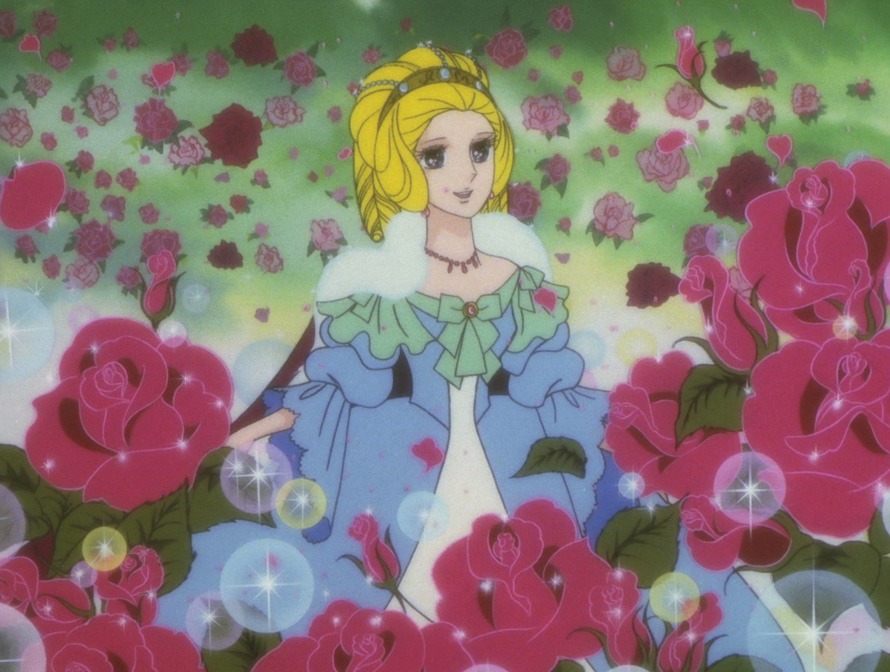
In my original review, I noted that “The Rose of Versailles is THE gold standard of ‘shojo’ anime for which all anime fans must see.” That remains true, but now that it’s become possible to read the original source material and learn about the specificities of how Lady Oscar was a smash sensation for its time, I find myself even more appreciative, particularly of the first half of the series directed by veteran sports anime and giant robot anime director Tadao Nagahama, whose “Robot Romance” trilogy is finally available in English in its entirety this year also thanks to Discotek Media. Now, I can see exactly how drastically different from the original source material the anime was allowed to be, in ways that modern anime adaptations of megahits dare not attempt: introducing characters such as Girodelle and Duke Orléans far sooner given the benefit of hindsight, creating entirely original scenes and subplots that don’t come across as insubstantial “filler” material, and excising portions deemed extraneous for the sake of tonal and narrative consistency.
The pressure must have been colossal, considering this was one of the single most anticipated anime of the decade. But Nagahama hit a home run—because he directed a bunch of Star of the Giants, get it—through deft use of directorial flourishes and visuals that sell the sweeping melodrama. Starry-eyed beautiful characters literally sparkle and shine, as do their lavish outfits/possessions. Roses, leaves, petals, and blossoms blow dramatically through the backgrounds. Intense moments become pastel “postcard memories” frozen in time—the calling card of the legendary Osamu Dezaki, who was a consultant for the first half before assuming directorial duties for the second—and then shatter like a broken mirror. And then there’s the most difficult of all animation feats that even modern anime dares not attempt: 100% hand-drawn horses of multiple breeds that trot, gallop, and leap every episode.
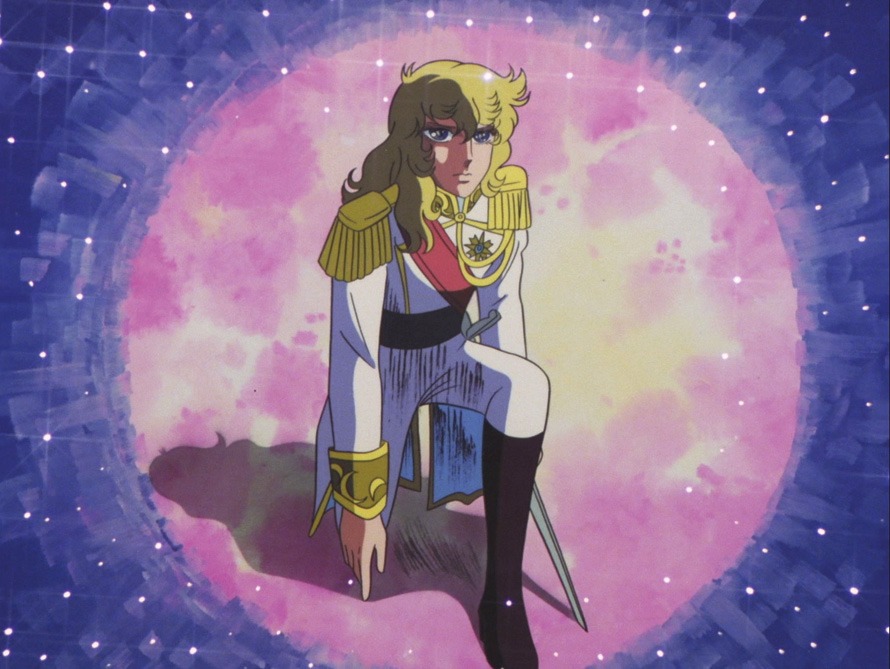
Within its historical fiction framework, there’s rarely a dull moment in Lady Oscar. Sword duels, forbidden romances, murders, gossip, child suicide, revenge, political intrigue, and women getting in bare knuckle brawls could conceivably all happen in the same episode. It’s not currently streaming anywhere (c’mon, Retrocrush!), but there’s never been a better time than now to be a fan. Add these to your collection while you still have the chance. Recommended.
studio/company: Discotek Media
rating: 13+


